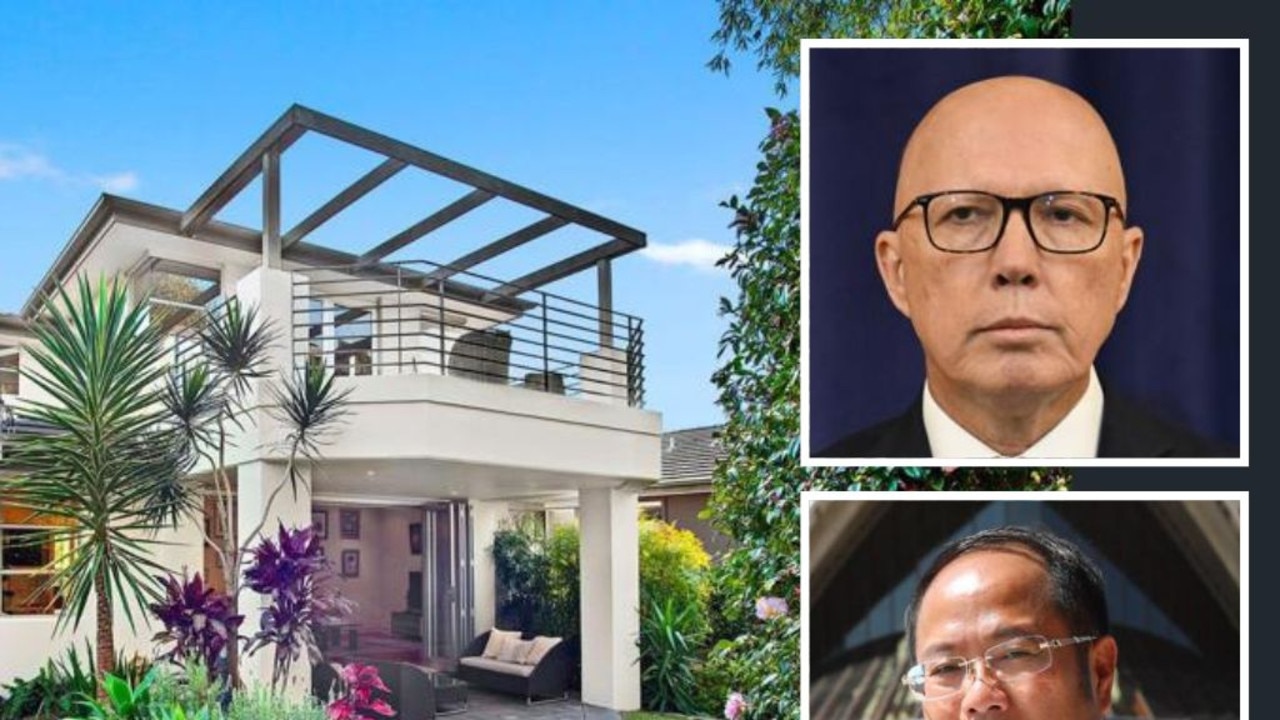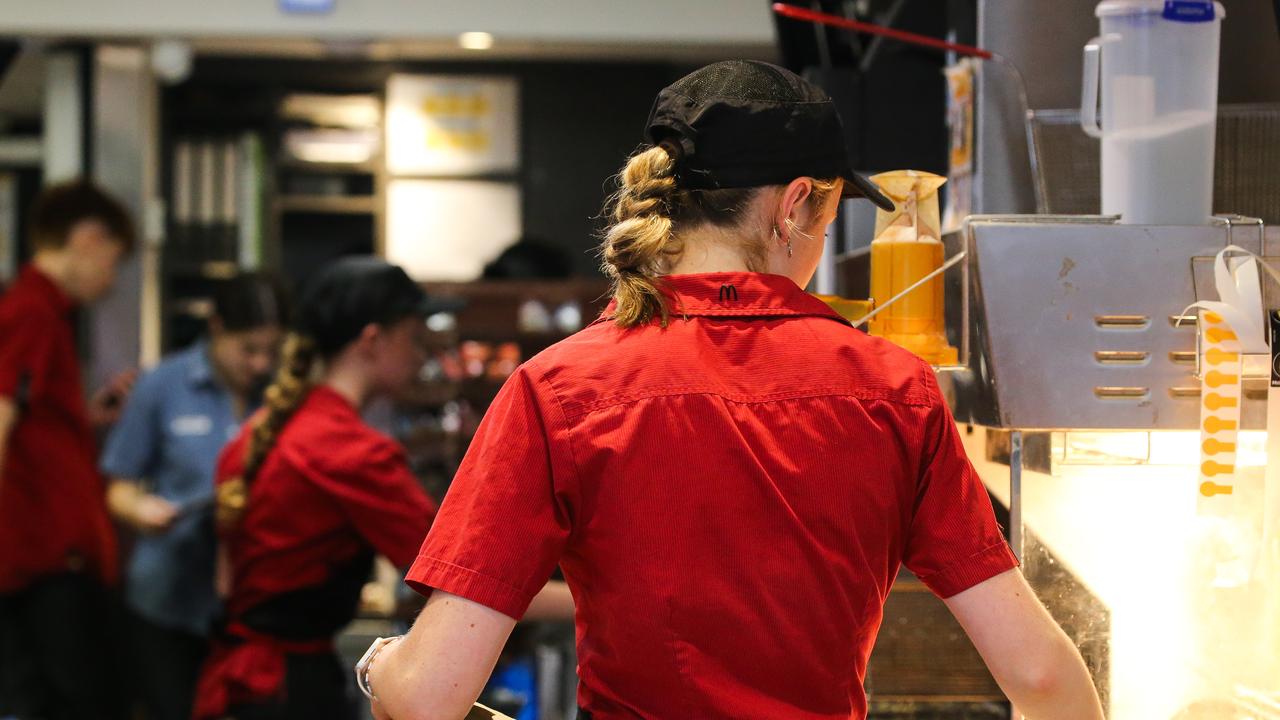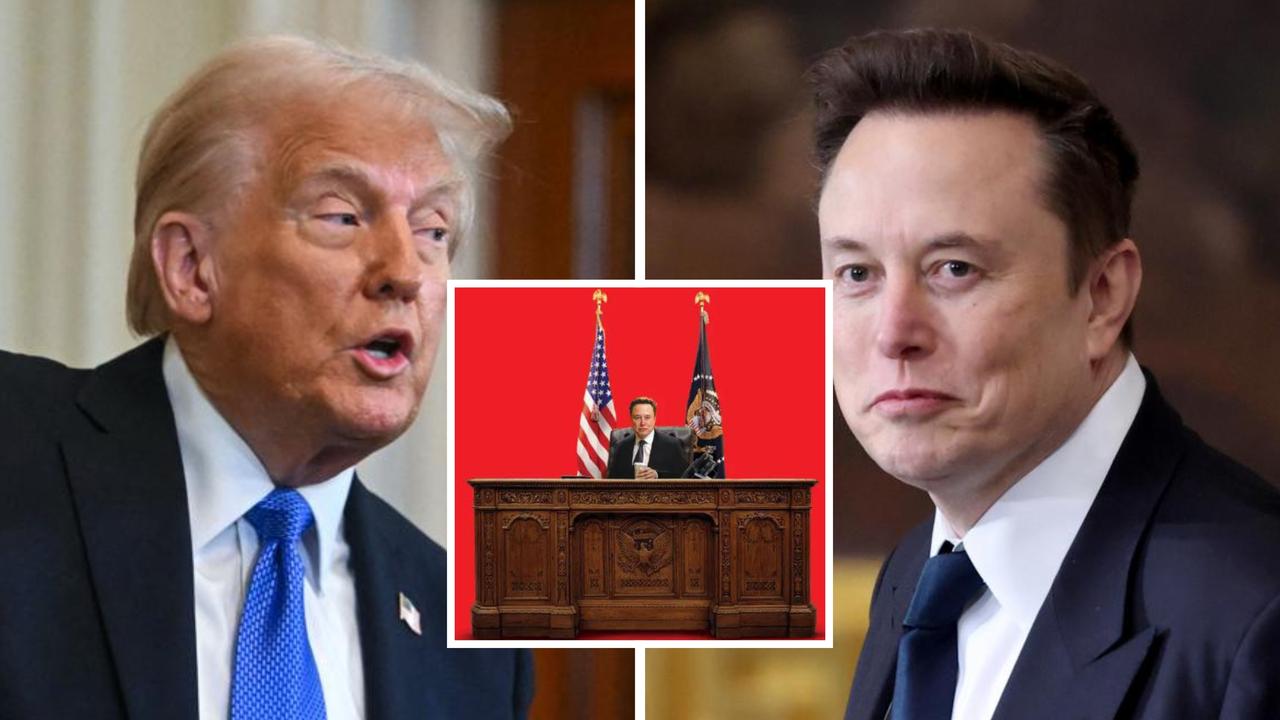The fight over the Liberal Party ‘base’
After the electoral routing it suffered in the Victorian election, the Liberal Party is facing an identity crisis they’ll need to resolve quickly.
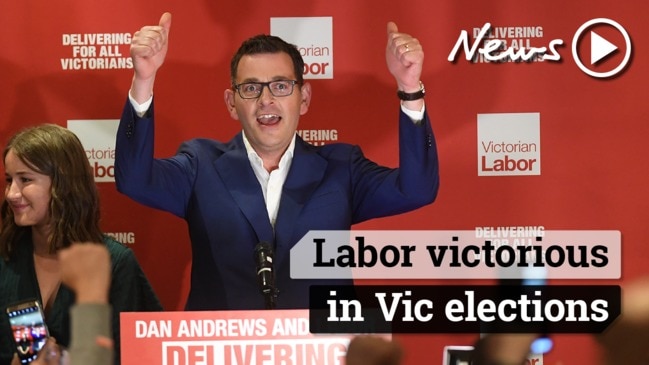
If you ask voters who they think the Liberals are, would they picture the party that elected a leather jacket-wearing millionaire or the one that rallied behind a man known as the “mad monk”?
The divisions in the Liberal party have never been so painfully on display as the fallout from the disastrous Victorian election result which has sparked public soul-searching and panic it may signal a federal wipe-out.
As Liberal senator for Victoria Scott Ryan pointed out on ABC Radio National this morning, there was a swing away from the Liberal party in seats that were in the “cradle of the Liberal party, the birthplace of the Liberal party”.
The Liberals lost votes in the seats of Kew, Brighton and Sandringham. It may also lose Box Hill and Hawthorn, where local MP John Pesutto will have to wait several days for a result.
The shadow attorney-general held Hawthorn with a 8.6 per cent margin but his re-election is in doubt and the results could have implications for the federal electorates of Goldstein, Higgins, Menzies and Kooyong.
“These voters who are our electoral base, this is our real base of the Liberal party, they sent us a message,” Senator Ryan said.
The result in Victoria has called into question this idea of the “Liberal base” and whether it represents the broader views of Liberal voters.
This question of who the “base” actually is, now looks to be a crucial question the Liberal party needs to answer ahead of the federal election next year.
There’s already been a lot of talk about the need to cater to the base, particularly after swings away from the Liberals in by-elections held in Bennelong, Longman and Braddon sparked concerns the party was moving too far to the left under former prime minister Malcolm Turnbull.
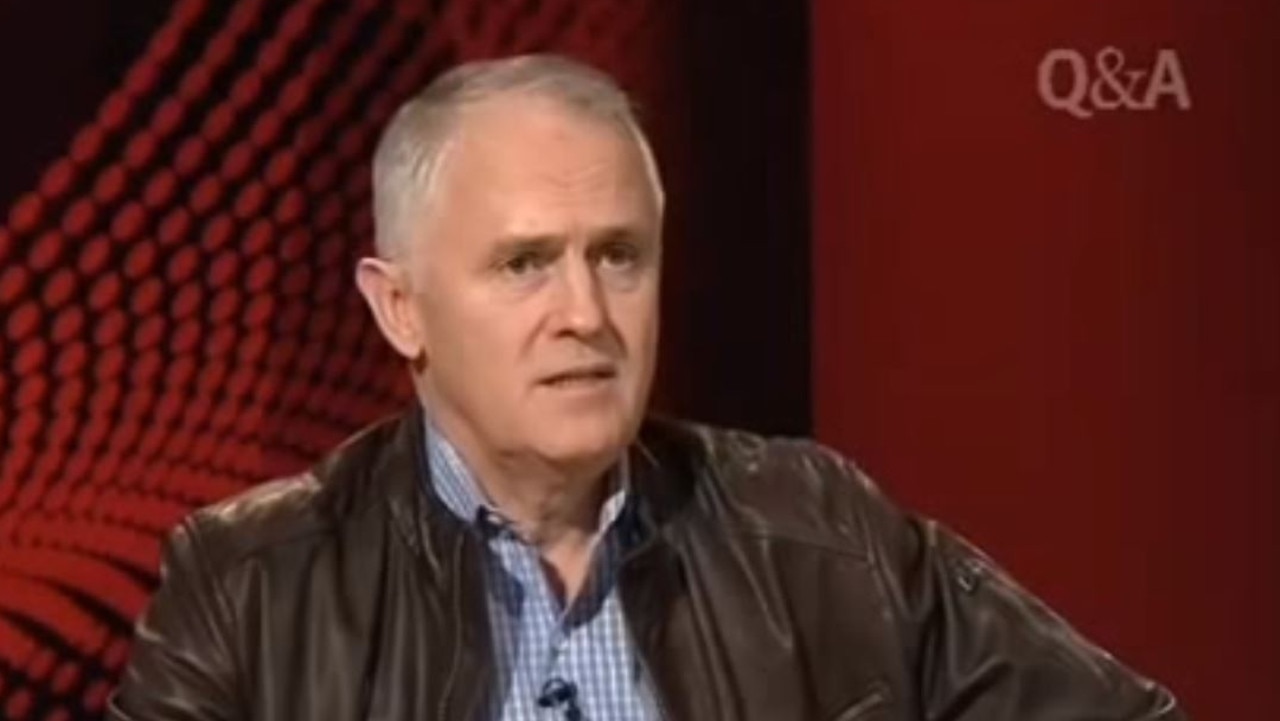
For some Liberals like ACT senator Zed Seselja and NSW senator Concetta Fierravanti-Wells, the base is the party’s “conservative base”, those Australians who have increasingly shifted their support to parties like One Nation.
“The same-sex marriage debate eroded further the support of our base,” Senator Fierravanti-Wells stated in a letter to resign her ministerial position ahead of the leadership spill brought on by Peter Dutton.
Following the Victorian election result, some commentators have argued Liberal leader Matthew Guy “wimped out” of taking a strong stance on conservative issues and was afraid of criticising things like the Safe Schools program.
“If you don’t engage with the culture wars, you are complicit, and the electorate will view that as a betrayal,” The Daily Telegraph columnist Miranda Devine wrote.
Herald Sun columnist Andrew Bolt took a similar view, suggesting Mr Guy was wishy-washy.
“Guy did not once dare argue against the global warming scare,” he wrote. “The Liberals must learn that they cannot win an argument that they never dare put.”
But others are interpreting the election result differently and believe it shows the Liberal “base” is more complex than thought.
In an opinion piece in the Australian Financial Review, another Liberal senator for Victoria, Jane Hume said the party needed to stop its focus on appealing to “the Liberal base”.
“This is a term that means something entirely different to catch each of us. To speak of us as a collective is an insult to us all,” Senator Hume wrote.
In an interview today, Liberal MP for Goldstein, Tim Wilson also disputed the idea that the Liberal base was against things like action on climate change.
“If anybody thinks that there’s this great public sentiment out there that people hate renewables, I say get real,” Mr Wilson told Sky News.
“Some of us have been saying this internally for some time. We have a choice. We can keep trying to stuff reality through people’s ideological opinions. Or we can listen.”
Even former prime minister Tony Abbott appears to be facing a challenge to his blue-ribbon Liberal seat of Warringah, by some who say he no longer represents the views of an electorate that returned one of the highest Yes votes in favour of legalising same-sex marriage.
Overall, 61 per cent of eligible Australians voted Yes.
One Liberal MP told ABC the party’s stance on issues like gay rights and climate change had led lifetime Liberal voters to turn away from them, saying “they are embarrassed to vote for us”.
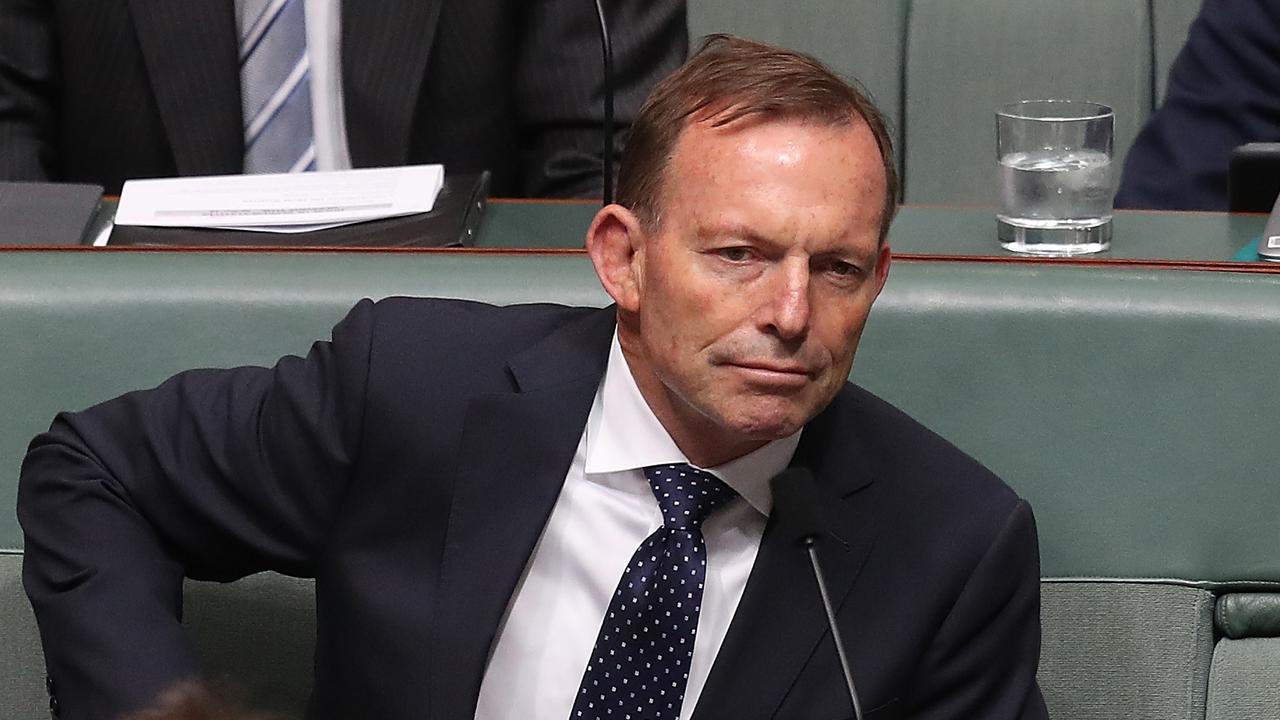
In the Victoria election, Senator Hume noted support for good Liberal policies on education for example, appeared to have been drowned out by the party’s ideological opposition things like the anti-bullying program Safe Schools.
“We underestimated our electorates — parents want their kids to grow up kind as well as clever,” she wrote.
“Our quest should always be to raise the standard of living — whether it be through economic policies, energy, health or education.
“If we allow good policy to be infiltrated by even the perception of an ideological crusade, Labor will win the messaging war.”
Dr Norman Abjorensen of the ANU Crawford School of Public Policy has written three books about the Liberal Party and its leaders, and said it had always been “strongly pragmatic”.
“The party entertains and has been happy to accommodate a range of social views,” Dr Abjorensen told news.com.au.
The Liberal party was formed to support business and to reward ambitious entrepreneurs and Dr Abjorensen said moves to define policy on a more ideological basis was a new thing for the party. He said the use of terminology such as “the base” had been influenced by the conservative Tea Party movement in the US.
“This is something new for the Liberal party and is a long way from (former Liberal prime minister Robert) Menzies’s approach. He always accepted people with a range of views, he encouraged it,” Dr Abjorensen said.
In his famous speech “The Forgotten People”, Mr Menzies described his values including individual freedom, personal and community responsibility, the rule of law, parliamentary government, economic prosperity and progress based on private enterprise and reward for effort. He also pointed to his tolerance.
“I do not believe that the real life of this nation is to be found either in great luxury hotels and the petty gossip of so-called fashionable suburbs, or in the officialdom of the organised masses,” Mr Menzies said.
“It is to be found in the homes of people who are nameless and unadvertised, and who, whatever their individual religious conviction or dogma, see in their children their greatest contribution to the immortality of their race.
“The home is the foundation of sanity and sobriety; it is the indispensable condition of continuity; its health determines the health of society as a whole.”
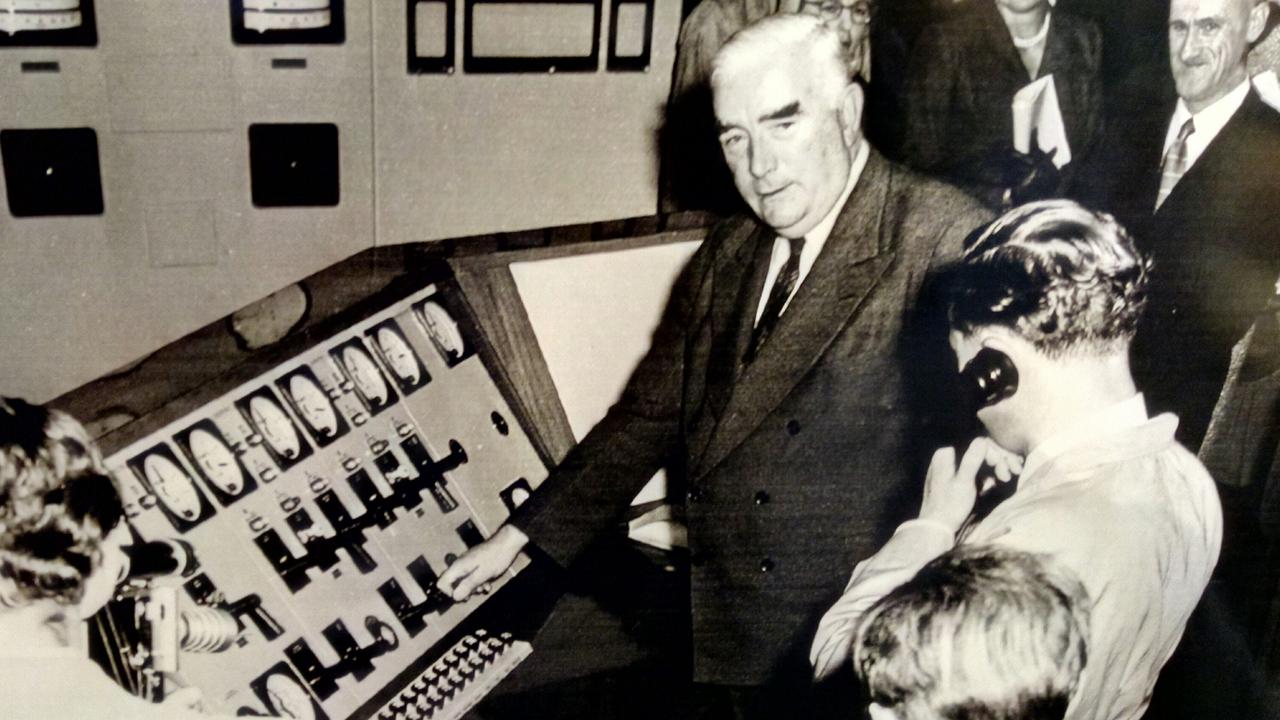
The tolerance of people who “whatever their individual religious conviction or dogma” seems a long way away from the culture wars that have descended on Australia.
The Liberal party now seems obsessed with questions about whether same-sex couples should be allowed to get married, whether children should be taught about gender diversity and whether schools should be allowed to fire gay teachers.
It also seems unable to develop pragmatic policies on crucial issues such as energy and climate change using science and economics as its basis.
This has seen the right wing of the Liberal party, which used to be defined by its economic philosophy in favour of free markets and deregulation, now pushing for public funding of coal-fired power stations — essentially a socialist approach.
But not every voter is embracing this redefining of what it means to be Liberal.
Discomfort about the party’s ideological positions appear to have hardened after the removal of Mr Turnbull as Liberal leader and is partly being blamed for the large swings away from the party in traditionally safe seats.
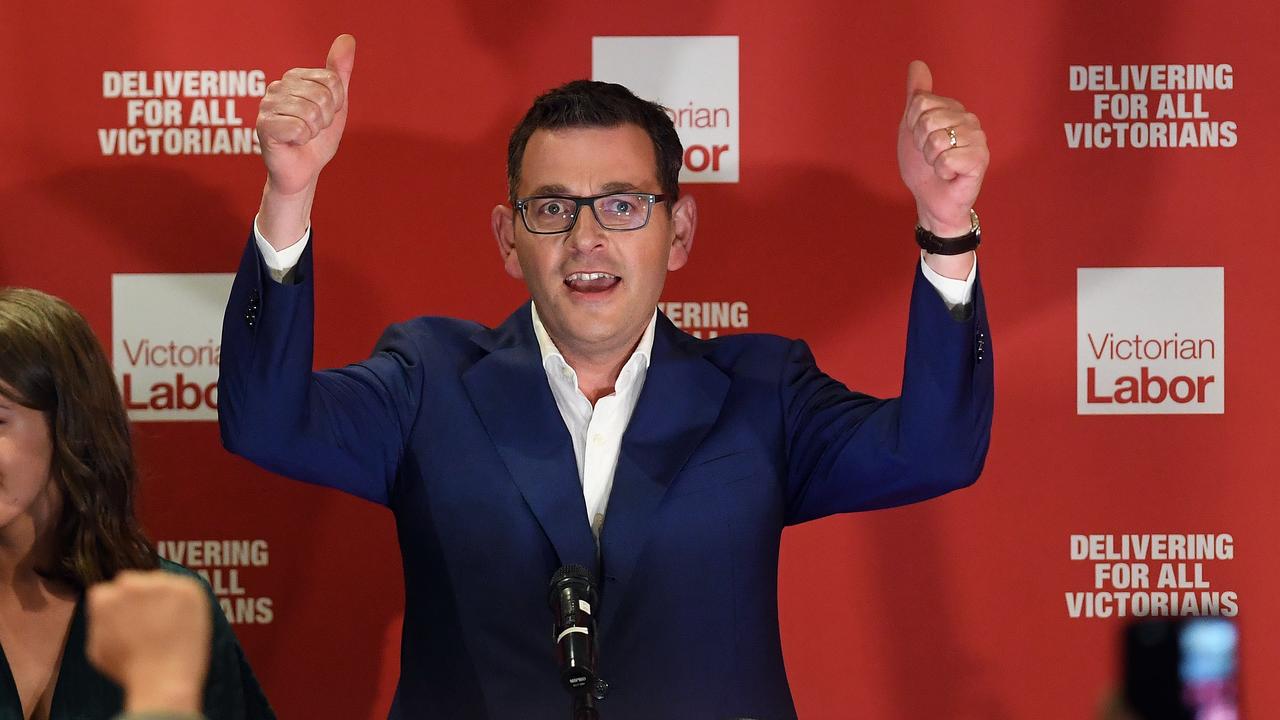
In the aftermath of Mr Turnbull’s knifing, Scott Morrison, who eventually emerged as Australia’s new prime minister, seemed unable to explain what happened, eventually offering this as the reason: “Those who had advocated that had made points about needing to better connect with the values and the beliefs of Liberal and LNP members all around the country.”
That connection now appears in disarray and Senator Ryan told ABC he thought the message from the Victorian election was that Liberal voters did not want a “litmus test”, which forced them to adopt certain positions, particularly on social issues, in order to be identified as “real” Liberals.
“I am sick of being lectured to by people who are not members of the party, by people who have never stood on polling booths about what it means to be a ‘real Liberal’,” he said.
Senator Ryan was critical that the Liberals’ historic loss in Wentworth was dismissed because voters in that electorate were described as being not part of “real” Australia.
“Labelling people, dismissing them, that’s not the Liberal way,” he said.
Senator Ryan said people should be given a reason to identify as Liberals, instead of being labelled “cosmopolitan intellectuals” or being told they’re not part of “real Australia”. He said the party should send the message that it accepted people with various views.
“A lot of Liberal voters, they’re fairly conservative in their own lives, they raise kids, they work hard, they run small businesses, they support strong local communities, they volunteer, but they’re pretty liberal in their political outlook,” Senator Ryan said.
“They don’t want views rammed down their throat and they don’t want to ram their views down other people’s throat.”
Continue the conversation @charischang2 | charis.chang@news.com.au


